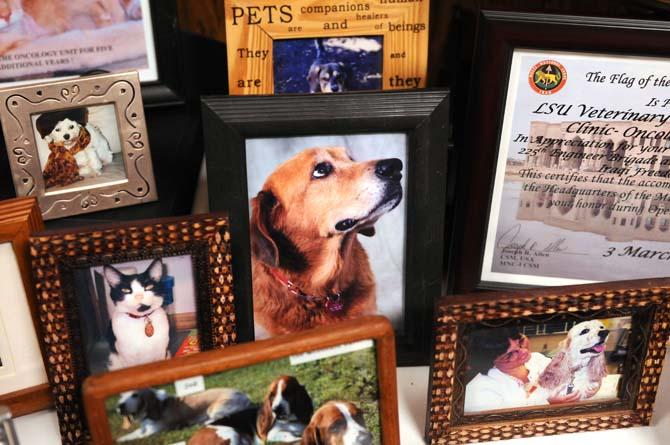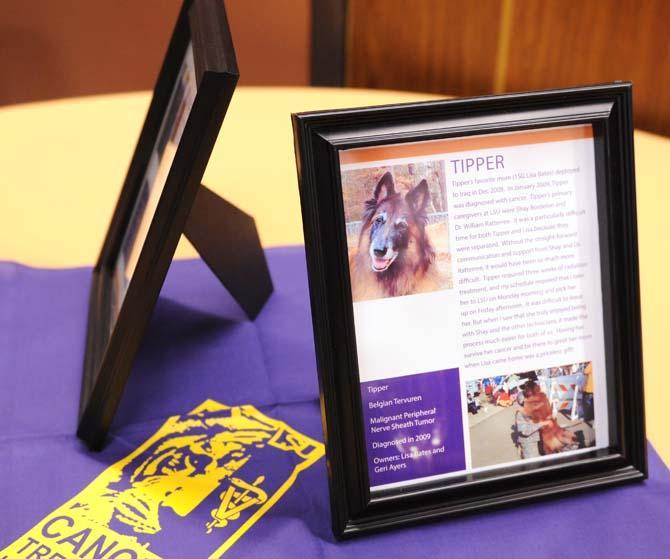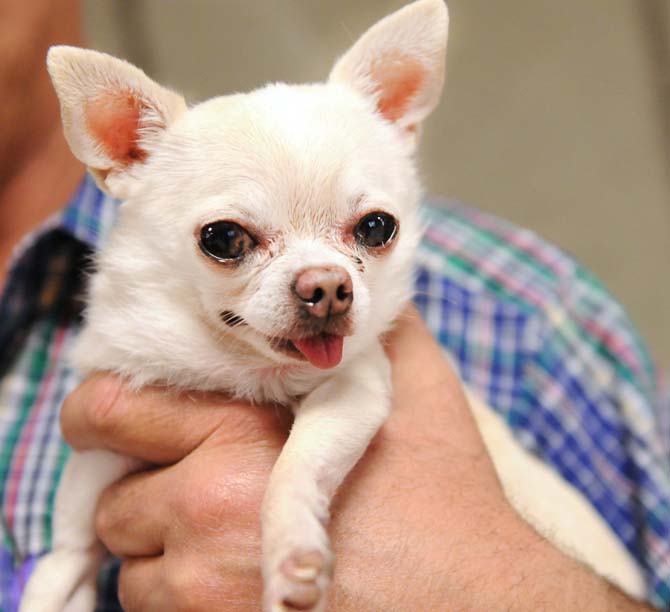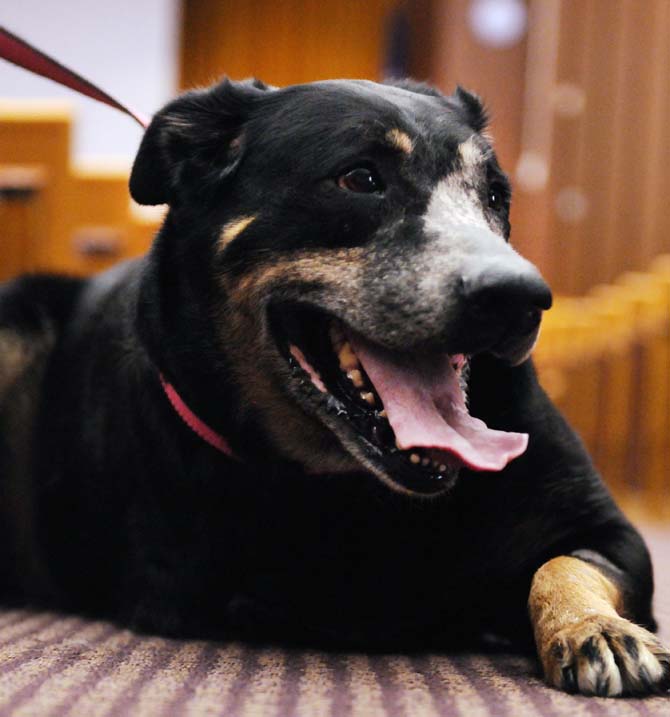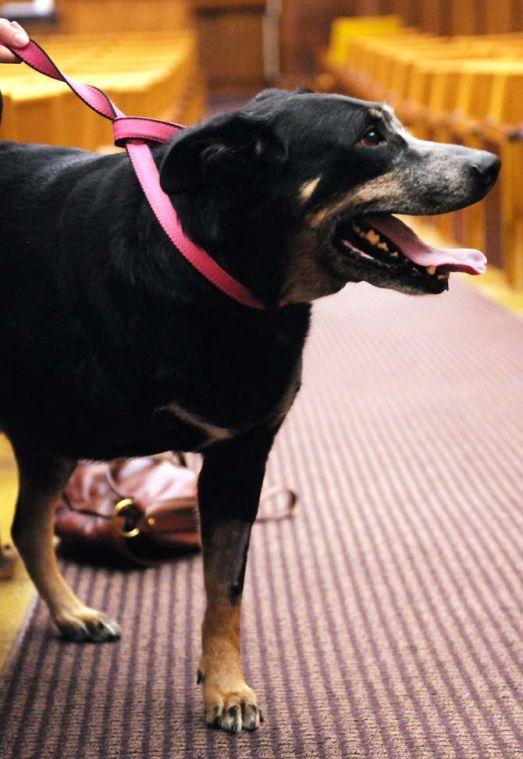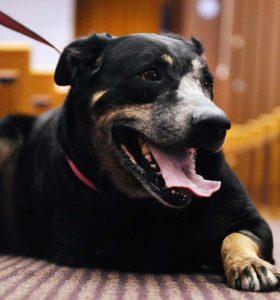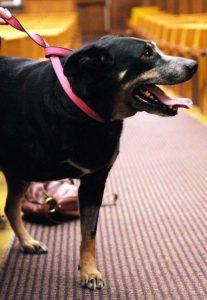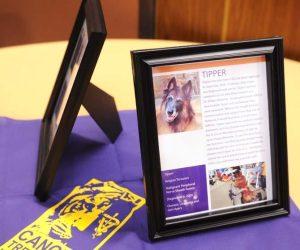Dogs wagged their tails happily Saturday afternoon as they were greeted by the caregivers who treated them for cancer.
The School of Veterinary Medicine launched its 40th anniversary celebration by honoring the anniversary of its cancer treatment unit.
The oncology unit of the school opened in January 2003 and accepted its first patient in March of the same year, said Jenny Cassibry, registered veterinary technician and head nurse of the cancer treatment unit.
Assistant professor of medical oncology Bonnie Boudreaux said the unit serves four states. Some of the services the unit provides include radiation and chemotherapy.
At the celebration, clients lit candles in memory of their pets lost to cancer.
Client Anne Dunn said her 13-year-old Scottish Terrier, Maggie, was diagnosed with a large brain tumor and received radiation for about a month-and-a-half.
“The fact that they cured the tumor is utterly amazing,” Dunn said.
She said the care Maggie received from the doctors and staff made them feel like family. Even after Maggie’s tumor had gone, they continued to check her condition.
Cassibry has been with the unit since August 2003. She said she didn’t originally have an interest in internal medicine, but had several family members with cancer.
For Cassibry, fighting cancer in pets is her way of “touching” cancer and making a difference.
She has also had to deal with a pet undergoing treatment at the unit. Recently her dog Roxi had a brain tumor.
Cassibry said Roxi’s condition was so severe she couldn’t stand or walk. The situation was difficult for her, and Cassibry said she wanted to quit, but with the help of her colleagues, she stayed on the job.
“We’re six months out, and she’s doing amazing,” she said.
Chemotherapy nurse Tammy Moreau has had two of her cats undergo treatment at the unit. Her first cat Mitey was diagnosed with vaccine-induced fibrosarcoma in 1999.
Mitey underwent chemotherapy, and Moreau said seeing how the treatment helped him encouraged her to work at the unit. She said the treatment allowed her to have Mitey 14 months longer.
She said the canines and felines that go through treatment are brave and have a good attitude throughout the process.
Boudreaux said seeing patients become survivors reminds her of the reason she works in the veterinary field.
“At the end of the day I can look back and say, ‘I made a difference in someone’s life,’” Boudreaux said.



